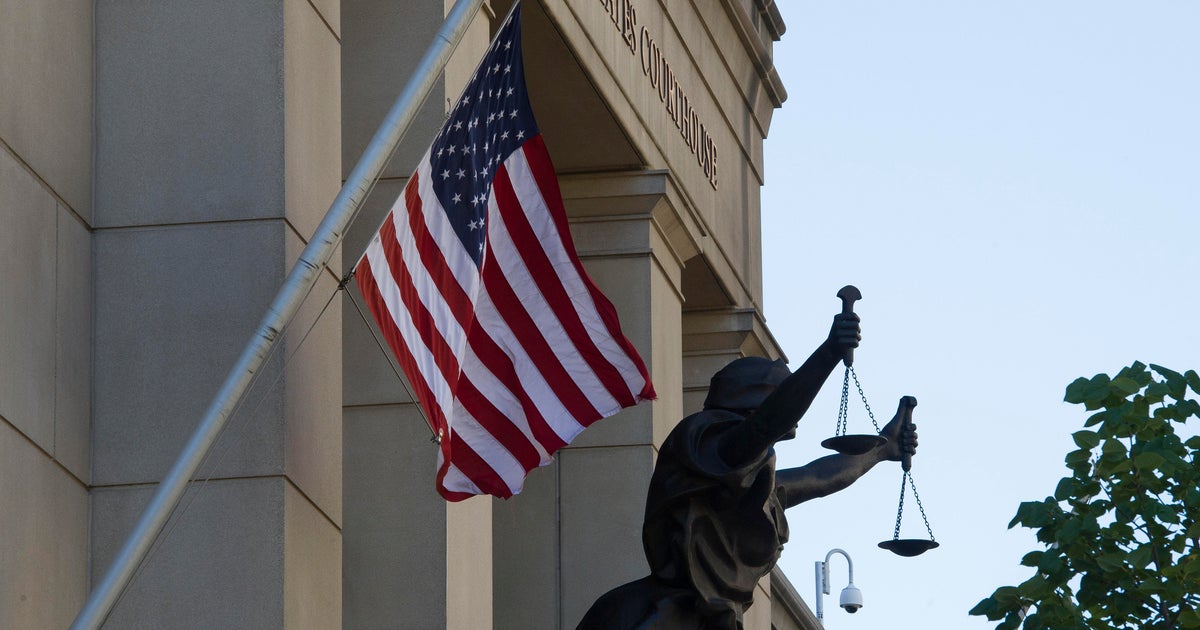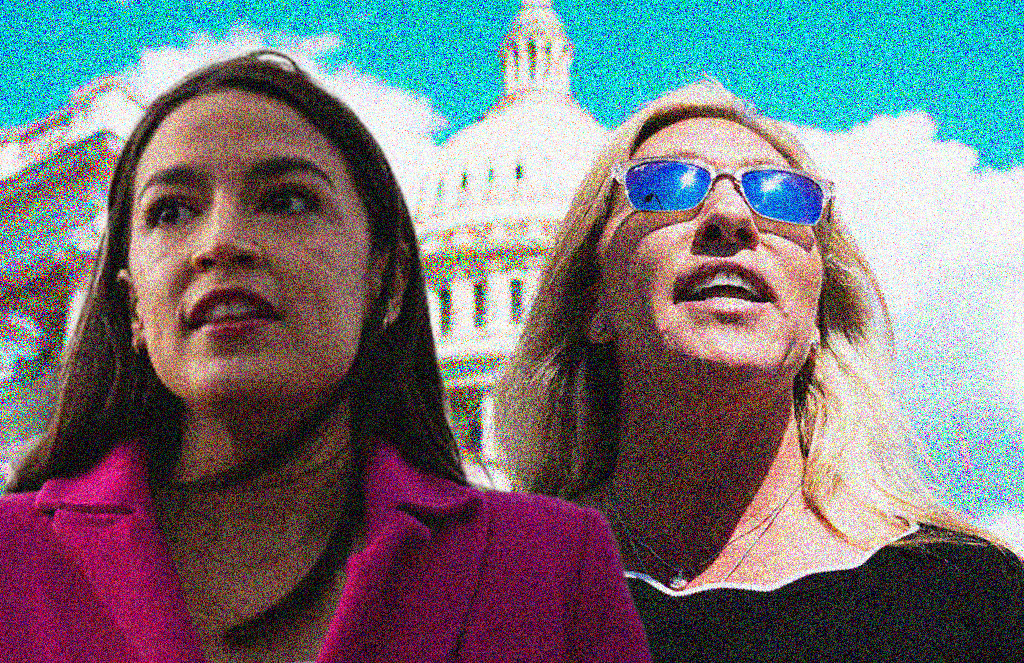Bernie Sanders and Ro Khanna introduce legislation to bolster production of PPE
Two of the most progressive members of Congress are introducing legislation on Monday to mobilize the federal government to purchase or manufacture more personal protective equipment (PPE), as lawmakers ponder next steps in responding to the continued fallout of the coronavirus pandemic.
Senator Bernie Sanders and Congressman Ro Khanna are unveiling the Emergency Medical Supplies Procurement Act, which would provide an additional $75 billion to the Federal Emergency Management Agency. The money would allow the Trump administration to manufacture or purchase PPE such as hospital gowns and masks, ventilators, testing reagents and compounds, approved medication treatments, and any other necessary medical supplies or hospital infrastructure.
"It's incomprehensible to most Americans why our country can't produce masks, why we can't produce swabs," Khanna said in an interview with CBS News, referring to the shortfall in PPE in hospitals across the country. "The greatest economy in the world should be able to produce these things."
Khanna, who is a member of the White House's bipartisan legislative task force to reopen the government, said he was able to speak to Vice President Mike Pence and President Trump about his ideas. He said this bill was not partisan, but an act of "good faith" that provides the president with significant funds.
"If the president has $75 billion, he can easily produce the masks and the gloves and the sanitizers that are necessary to keep people safe," Khanna said.
Mr. Trump has sparred with some governors, claiming some states have requested more PPE and ventilators than they need. The legislation proposed by Sanders and Khanna would require the president to respond to state requests for health care requests as quickly as possible, using authorities provided by the Defense Production Act (DPA), National Emergencies Act, and Stafford Act.
Khanna said this legislation would "alleviate the pressure on states." He pointed to California Governor Gavin Newsom negotiating a $1 billion deal to purchase masks from China.
The DPA allows the president to compel corporations to produce items needed to aid the country's response to the pandemic. Congress already allocated $1 billion to the DPA in previous coronavirus relief legislation, but Sanders and Khanna argue this is not enough to compensate for supply shortages.
"It is unacceptable that the President still has not utilized the Defense Production Act to aggressively demand that the private sector manufacture the equipment and products that our medical personnel, patients, and frontline workers desperately need," Sanders told CBS News.
Sanders expressed frustration that the U.S. is testing fewer than 200,000 people per day, as well as shortfalls in PPE and ventilators across the country.
"Trump's inaction is literally sacrificing the lives of medical professionals and patients throughout this country. Since Trump has failed to act, Congress has got to step in to address this crisis," Sanders said.
The text of the legislation says the president "shall fulfill, to the greatest extent possible and with due urgency, according to need, all requests from states for critical health care resources that are required to support medical providers, treat patients, or promote the general well-being in response to, or to recover from, the outbreak of COVID–19."
The legislation also seeks to prevent Mr. Trump's family or members of his administration from personally benefiting from this funding by including oversight and accountability provisions. The text of the legislation says no funds will be made available to "any person who is a Federal elected official or serving in a Senior Executive Service position," or to "any entity that is controlled in whole or in part by a Federal elected official or serving in a Senior Executive Service position."
The bill also requires the secretary of Health and Human Services and the administrator of the FEMA to submit a weekly report on the requests by states and the implementation of resources to state and local governments.
"The United States is the richest country in the world. There is no excuse for our medical professionals and essential workers not to have the masks, gloves, gowns and tests they need to keep safe, treat their patients and stop the spread of this deadly pandemic," Sanders said. "States and cities should not be forced to bid against each other for scarce and overpriced medical equipment."
It is unclear when the next round of coronavirus relief legislation will be negotiated and finalized. The Senate is returning to the Capitol on Monday, but the House is not. House Majority Leader Steny Hoyer announced last week that the Capitol attending physician — who advises both houses of Congress — warned it was not safe for lawmakers to return to Washington amid the pandemic.
Senate Democrats have raised concerns about returning to the Capitol, particularly since many senators are above the age of 65, which is a high-risk demographic for contracting the coronavirus. However, Senate Majority Leader Mitch McConnell has argued members of Congress should be considered essential workers and conduct their business at the Capitol.



